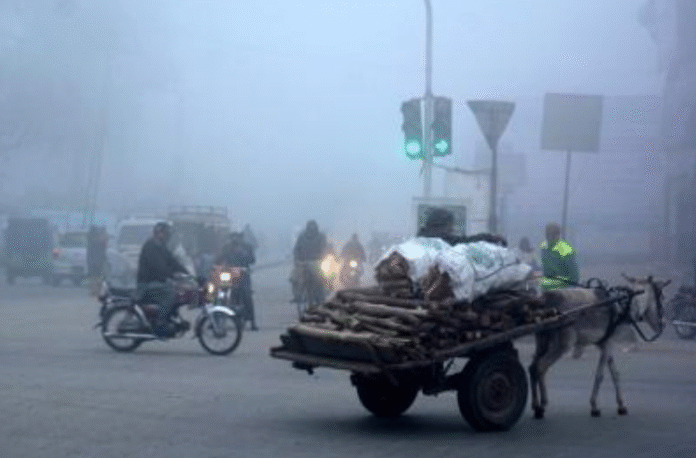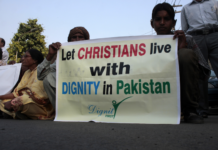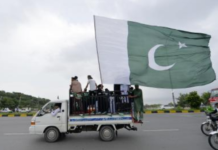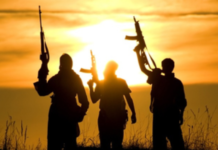ISLAMABAD, Pakistan — Pakistan’s cultural hub Lahore has once again been ranked the most polluted city in the world, with air quality levels reaching “hazardous” territory this week, according to Swiss air quality monitor IQAir.
On Wednesday morning, Lahore recorded an Air Quality Index (AQI) of 563 at around 10:30 a.m., while the city’s primary pollutant, PM2.5, measured 357, local outlet The News International reported. The figure places Lahore well above the “hazardous” threshold, signifying severe health risks for residents.
Other major Pakistani cities also reported alarmingly poor air quality. Karachi ranked seventh globally with an AQI of 154, while Faisalabad posted an unprecedented AQI of 1,037 and PM2.5 concentration of 595.2 — roughly 119 times higher than World Health Organization (WHO) safety guidelines. Multan and Peshawar also faced dangerous levels, recording AQIs of 292 and 290 respectively.
In response, the Punjab government has implemented an “emergency plan” targeting farm fires, industrial emissions, and vehicular smoke. Officials have begun deploying anti-smog guns across polluted areas in Lahore to disperse particulate matter. However, environmental experts warn that short-term actions will not suffice without comprehensive regional cooperation and stricter enforcement of emissions standards.
Health authorities have urged residents to wear masks and protective goggles when outdoors, limit physical activity, and keep windows closed, especially during peak smog hours in the morning and evening. According to Samaa TV, doctors caution that prolonged exposure can trigger respiratory ailments, throat irritation, and eye infections, particularly among children and the elderly.
Despite government assurances, enforcement challenges persist. Reports indicate that several brick kilns in areas like Batapur continue to operate in violation of Environmental Protection Agency (EPA) regulations, releasing thick plumes of smoke. Uncovered trucks carrying construction materials further contribute to particulate pollution across the city.
As Lahore and other urban centers choke under worsening air quality, experts are calling for sustained, coordinated policy action to prevent Pakistan’s recurring winter smog crisis from becoming a permanent public health catastrophe. (Source: IANS)













